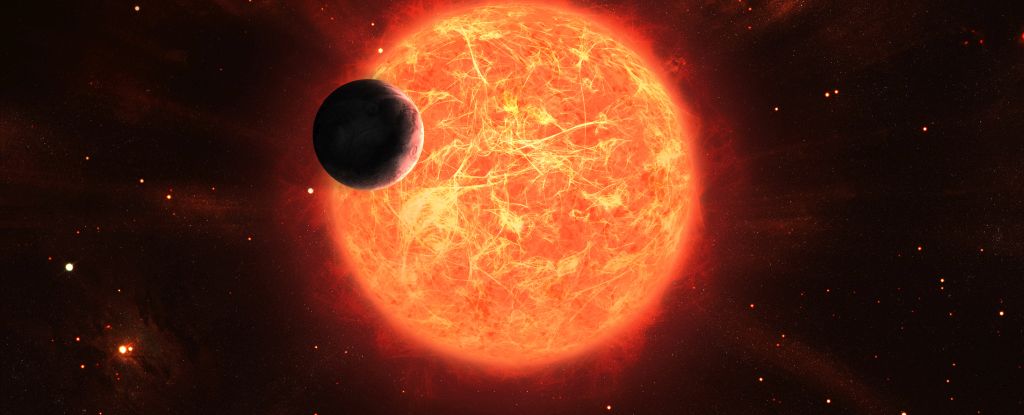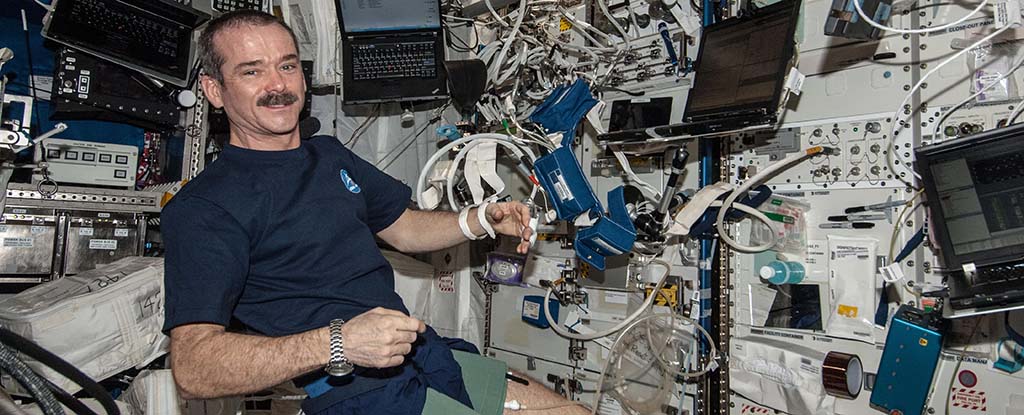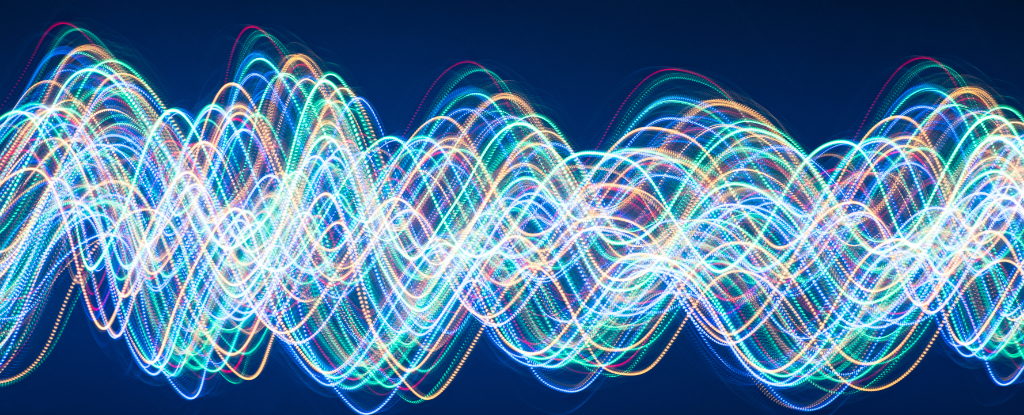Place your adverts here on InfoDig @ low rates; banner ads, sponsored links and guest articles etc. Contact us
For a galaxy that ought to be buzzing with alien radio waves, space seems awfully quiet.
A new study suggests maybe, just maybe, that's because extraterrestrials can see we don't have the right quantum equipment to hear them. Not yet, at least.
Of course, there's a whole bunch of plausible explanations for why years of searching have failed to provide even the slightest murmur from a non-human intelligence among the stars.
Maybe they're all too afraid. Maybe they're all long dead. Maybe we're too boring. Maybe we just need to be patient. Maybe we really are alone.
Or, according to University of Edinburgh theoretical physicist Latham Boyle, aliens may be too cool for old school, having found the benefits of using qubits to pack more into their bandwidths.
"The possibility of interstellar quantum communication is intriguing because it expands the notion of interstellar communication in fundamental ways," Boyle explains in his paper, which you can download from the pre- peer review server arXiv.
If quantum communication exists, that could be a win for advanced technologies on our planet, but the process would make it impossible for us to detect it without some serious equipment upgrades.
Classical communication exploits fundamental features of electromagnetic waves to send a message.
Tweaking characteristics of photons such as their number or frequency can transfer information that remains legible over the vast stretches of interstellar nothingness, enabling technological species like ourselves to transmit sounds, images, and text at the speed of light.
As humans have discovered over the past century, there's more to a wave of light than the size and length of its wiggle.
Quantum mechanics is where classical physics meets gambling, combining the mathematics of probability with laws that dictate how particles function.
Based on this strange way of thinking about the Universe, light waves can exist in a blur of states, entangling their fates so the sum of their characteristics can be used to calculate, observe, communicate, and even teleport information in ways individual photons can't do alone.
Experiments have shown the fuzzy state of a photon's probability remains intact over some pretty impressive distances, making the concept of interstellar quantum networks feasible in principle.
To consider how aliens might exploit light's quantum nature over classical communication technology, Boyle compared the information capacity of each and the different ways errors might ruin classical, quantum, and combined transmissions.
Accurately sending a radio signal over any distance relies on the receiver catching at least a tiny fraction of the light waves. In theory, a single photon could convey a meaningful piece of information, allowing plenty of redundancy for light waves that get lost in the void along the way.
Not so for a quantum connection, where multiple photons contribute to a single transmission, the majority of which need to be received in their delicate state for the message to be accurately interpreted.
By Boyle's reckoning, any transmitting and receiving dishes would need to be more than 100 kilometers (more than 60 miles) wide to ensure enough quantum states survive the trip.
That's also a best-case scenario, optimistically collecting waves from our nearest galactic neighbor at the highest frequency that could easily pass through Earth's atmosphere.
Smaller dishes might collect shorter wavelengths, but for these to have a hope of collecting enough photons, they'd need to be above our atmosphere, such as on the Moon.
Or smaller dishes could be used in a two-way loop where quantum signals are accompanied by classical ones, mitigating the error-correction process enough to allow for a few more photons to get lost along the way.
Nonetheless, any alien wishing to shout at us in quantum would surely have the technology to see our planet in enough detail to conclude it'd fall on deaf ears. Hence, they wouldn't even bother trying.
This research is available on the pre-publish server arXiv.















 English (US) ·
English (US) ·